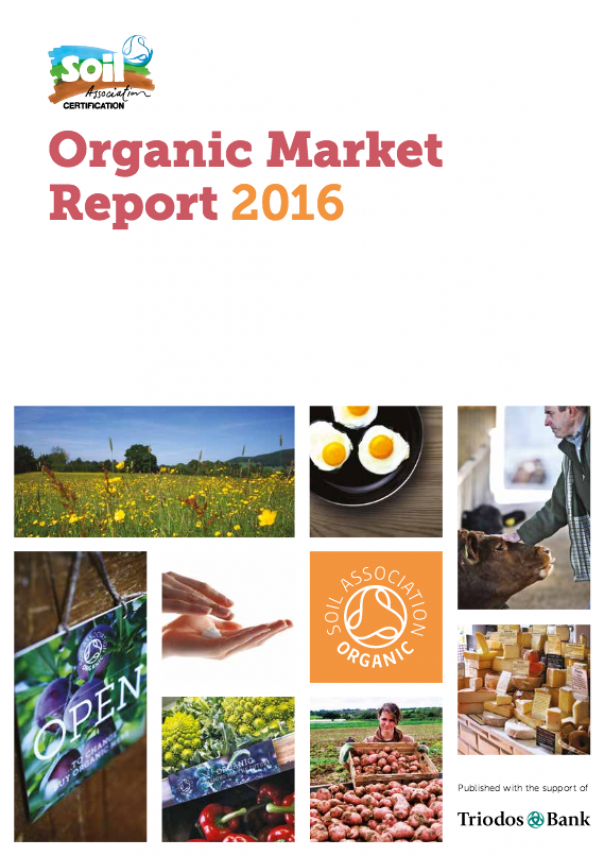
In part, the growth is due to the £9 million spent on organic food through the Soil Association’s Food for Life Catering Mark, an increase of £2 million, and up 28% on last year.
Over half of all English primary schools now hold a Catering Mark and an additional 1,500 schools serve gold or silver level Catering Mark meals each day, an increase of 45% from 3,300 last year. The number of Catering Mark meals served in UK hospitals has also increased by 10 million in the last 12 months.
Helen Browning, chief executive of the Soil Association, said: “We are delighted to see the ongoing growth of organic in the catering sector. Not only is this in restaurants and café chains, it’s also in schools, hospitals, workplaces and nurseries, which has achieved silver and gold Catering Mark awards.”
The report also highlighted the growth of organic on the menus of high street restaurants and cafés, including Nando’s, Giraffe, Prezzo, Frankie & Benny’s, Pret a Manger, itsu, Leon, Le Pain Quotidien and Jamie’s Italian.
McDonald’s also used over 26 million litres of organic semi-skimmed milk in its teas, coffees, porridge and Happy Meal milk bottles, an increase of 85 on last year and making McDonald’s one of the biggest customers to organic milk farmers.
Catering wholesalers, including Bidvest and Brakes, were also found to have expanded their organic catalogue ranges, allowing smaller restaurant and coffee shop chains to capitalise on the growing market.
The overall organic market saw growth of 4.9% in 2015, marking the third year of consecutive growth, and is now worth £1.95bn.
Martin Sawyer, chief executive of Soil Association Certification, said: “This is a hugely exciting time for the organic sector, with the market set to break through the £2 billion mark in 2016 and reach levels seen before the recession.”